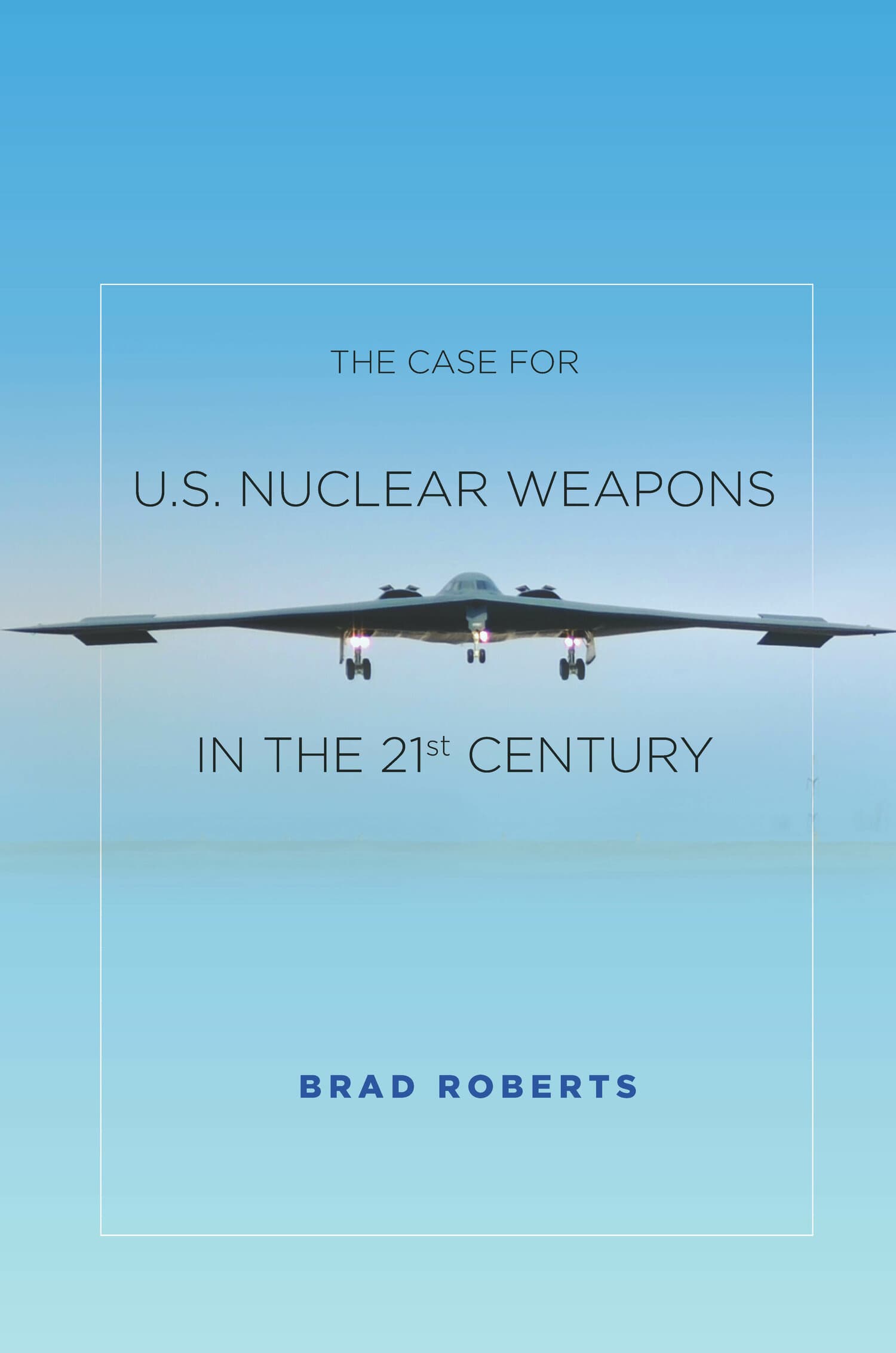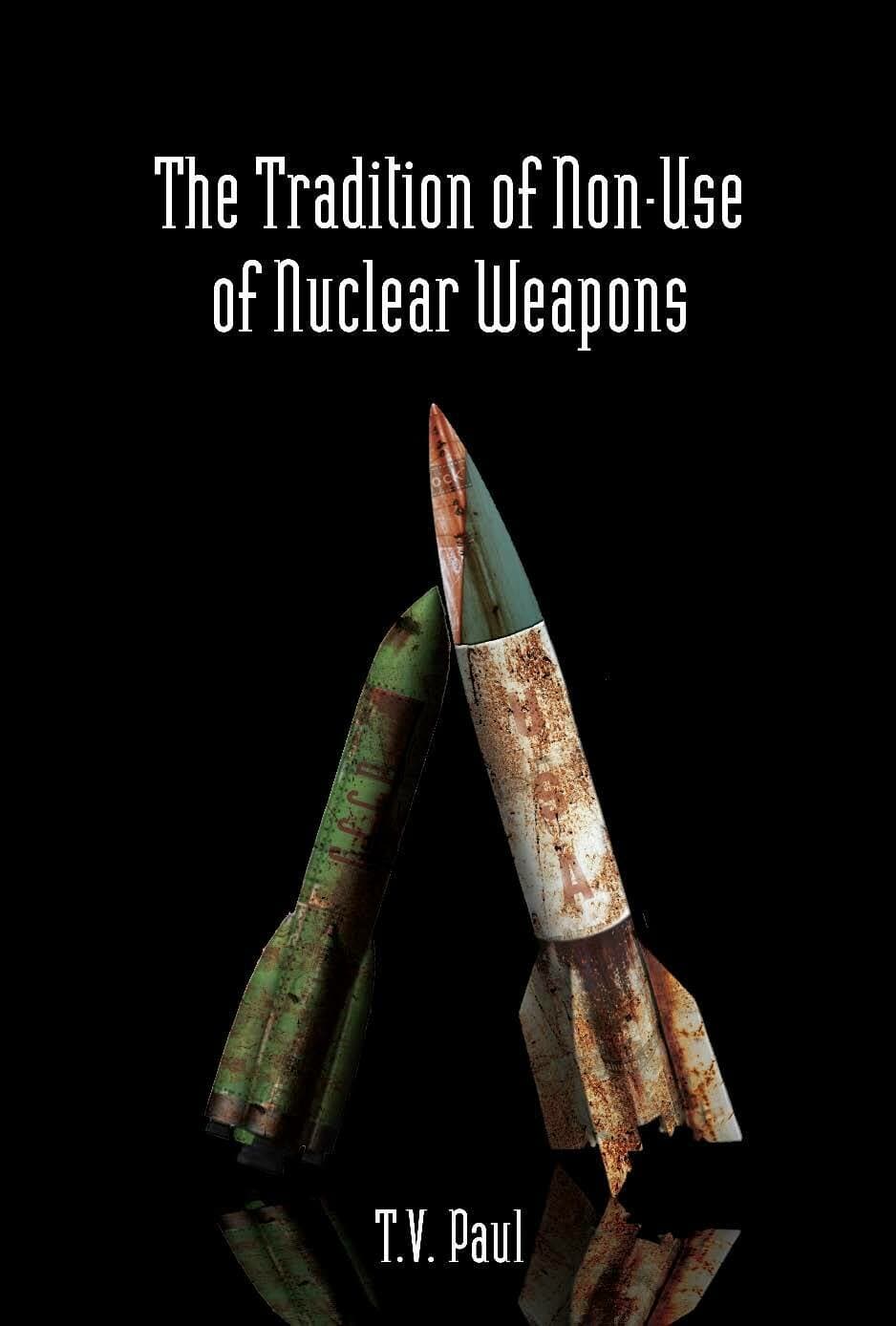The War That Must Not Occur
Award Winner
2024: Choice Award for Outstanding Academic Title
Winner of the 2024 Choice Award for Outstanding Academic Title, sponsored by the American Library Association.

The possibility of a nuclear war that could destroy civilization has influenced the course of international affairs since 1945, suspended like a sword of Damocles above the heads of the world's leaders. The fact that we have escaped a third world war involving strategic nuclear weapons—indeed, that no atomic weapon of limited power has yet been used under battlefield conditions—seems nothing short of a miracle.
Revisiting debates on the effectiveness and ethics of nuclear deterrence, Jean-Pierre Dupuy is led to reformulate some of the most difficult questions in philosophy. He develops a counterintuitive but powerful theory of apocalyptic prophecy: once a major catastrophe appears to be possible, one must assume that it will in fact occur. Dupuy shows that the contradictions and paradoxes riddling discussions of deterrence arise from the tension between two opposite conceptions of time: one in which the future depends on decisions and strategy, and another in which every occurring event is one that could not have failed to occur.
Considering the immense destructive power of nuclear warheads and the almost unimaginable ruin they are bound to cause, Dupuy reaches a provocative conclusion: whether they bring about good or evil does not depend on the present or future intentions of those who are in a position to use them. The mere possession of nuclear weapons is a moral abomination.
—Diane Delaurens, Nonfiction
"We all live under the shadow of a forthcoming catastrophe: pandemic, ecological disaster, nuclear war. Our reactions to such threats are often irrational, and Dupuy provides a superbly readable rational analysis of all these irrationalities: why the logic of nuclear MAD (mutually assured destruction) is really mad, why nuclear threats are never just rhetoric but can trigger an actual catastrophe, why sometimes to be taken seriously one has to act as if one is mad, why the only rational strategy is to accept that things can at any moment go wrong. Dupuy is our best theorist of catastrophes and his new book is a book for all of us—in a well-organized state, it would be massively printed and freely distributed to all families. So it is vulgar and trivial to say that this is an excellent book—it is rather a book that we all need like ordinary daily bread."
—Slavoj Žižek, author of Surplus-Enjoyment
"This is a provocative exploration of the paradoxes of nuclear deterrence. If we are to postpone nuclear catastrophe indefinitely, Dupuy argues, we must understand that nuclear war is not merely possible but bound to occur."
—David Holloway, author of Stalin and the Bomb
"Dupuy provides an extremely important service by bringing much-needed attention to the existential risk that society largely ignored prior to the war in Ukraine and, even now, does not take seriously enough. Highly recommended."
—Martin E. Hellman, winner of the Turing Award
"Dupuy, one of the most incisive thinkers of our times, allows us to rethink history while it is in the making. This book is mandatory reading for anyone who seeks to understand our present."
—Frank Ruda, coauthor of Reading Hegel
"Most of us navigate our private joys and woes without thinking about collective nuclear annihilation. This is not because the threat has vanished. It is because it is unthinkable. In this compelling work of rational doomsaying, Dupuy models how to think the unthinkable. The result is a challenging and urgent book."
—Alison McQueen, author of Political Realism in Apocalyptic Times
"This brilliant analysis is as frightening as it is illuminating. Dupuy assesses policy, words of candidates and politicians, and real-time war events (including Russia and Ukraine), giving nuance to them with theological and moral arguments....Essential."
—R. Ward, CHOICE
"Dupuy is perhaps the most important thinker of catastrophe today."—Timothy Bryar, Journal for Peace and Nuclear Disarmament
"Dupuy has done everyone a great service with this book in offering a template for 'thinking the unthinkable.'"—Reginald McGinnis, Colloquium on Violence & Religion




